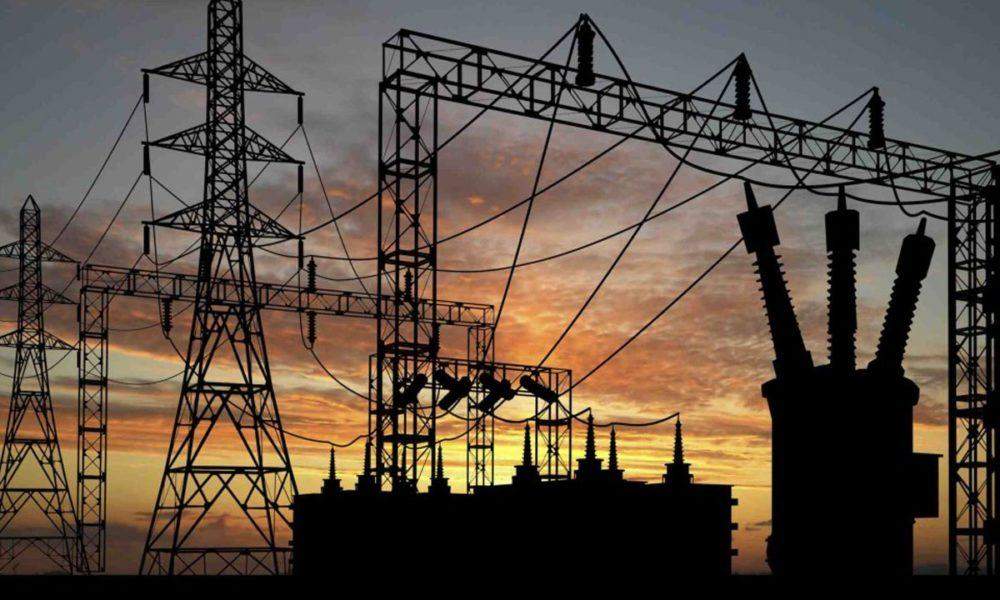The Nigerian Power Consumers Forum (NPCF) has attributed the recent grid collapse in the country to sabotage by hoodlums with ill intentions for the nation. In a statement released in Abuja, Michael Okoh, Convener of the NPCF, highlighted that the grid collapse was not due to any lack of capacity on the part of the company, but rather a deliberate act of sabotage.
“The fire incident at the Birnin Kebbi transmission substation switchyard is more of a sabotage on the national grid system,” Okoh stated. He further explained that experienced power engineers firmly believe that it is highly improbable for two power transformers located a reasonable distance from each other to simultaneously catch fire. Transformers are equipped with built-in system protection, making the probability of ignition very low. However, saboteurs can find ways to disrupt the flow of electricity by tampering with transformer components.
Upon investigation, it was discovered that both the 90 Mega Volt Ampere (MVA) transformer on the 330KV line and the 60MVA transformer on the 132kV line experienced a fire incident simultaneously, despite being apart and separated by a significant distance. The issue of voltage or power surge was ruled out, as the Transmission Company of Nigeria (TCN) has robust protection and isolation mechanisms in place. Therefore, it can be concluded that only internal issues within the transformers could have led to such incidents.
Unfortunately, this is not the first time critical national infrastructure has been sabotaged. Instances of oil theft causing pipeline ruptures are reported daily, along with over 20 reported cases of power transmission tower hacking within the last year alone, according to Mr. Okoh.
Shortly after TCN’s announcement regarding efforts to stabilize the grid, the power sector experienced two consecutive system collapses. These collapses were caused by a fire incident in the Birnin Kebbi transmission substation and a line snap along the 330kV Jebba-Kainji transmission line. These incidents resulted in nationwide power outages, which NPCF believes were orchestrated to discredit TCN’s management.
It should be noted that Niger Republic receives bulk power from a 150MVA lower transformer in the Birnin Kebbi substation, underscoring the critical role of the substation both nationally and internationally. Mr. Okoh stressed the need for the government to identify and hold accountable those responsible for this act of sabotage against the nation’s transmission system.
Mr. Okoh also acknowledged TCN’s efforts in maintaining a stable grid for 421 days, mentioning that the grid is looped in some areas. Notably, TCN’s current management, led by Mr. Sule Abdulaziz, has achieved significant milestones such as procuring over 30 power transformers in 2022 and successfully deploying them for installation. TCN has also executed projects aimed at enhancing access to bulk electricity across all six geopolitical zones in Nigeria.
Highlighting the various initiatives deployed by TCN to stabilize the grid, including the use of Internet of Things (IoT) and the forthcoming implementation of a state-of-the-art Supervisory Control and Data Acquisition (SCADA)/Energy Management System (EMS), Mr. Okoh called on TCN to continue investing in transmission networks, particularly reconductoring lines, while also safeguarding other substations from future acts of sabotage.
It is crucial for the government and relevant security agencies to work collaboratively in identifying and apprehending the saboteurs behind this incident, in order to uphold the integrity of the national grid and ensure uninterrupted power supply to the Nigerian people.
NAN
